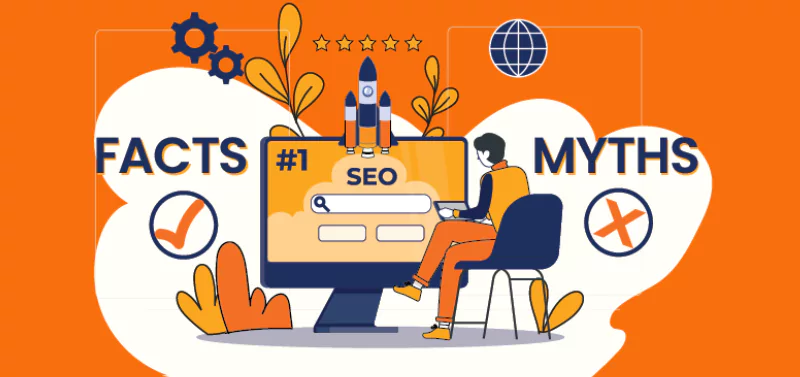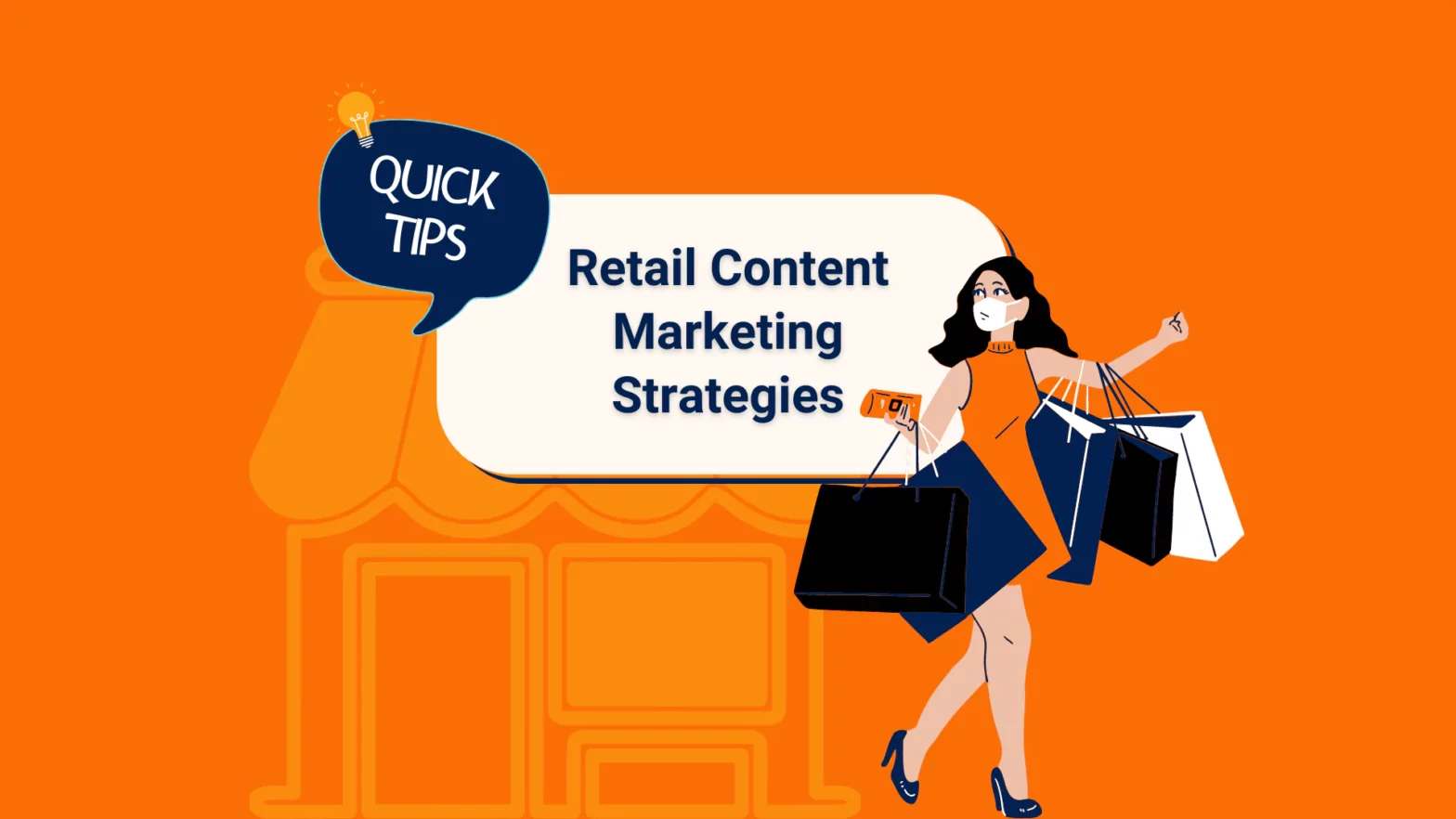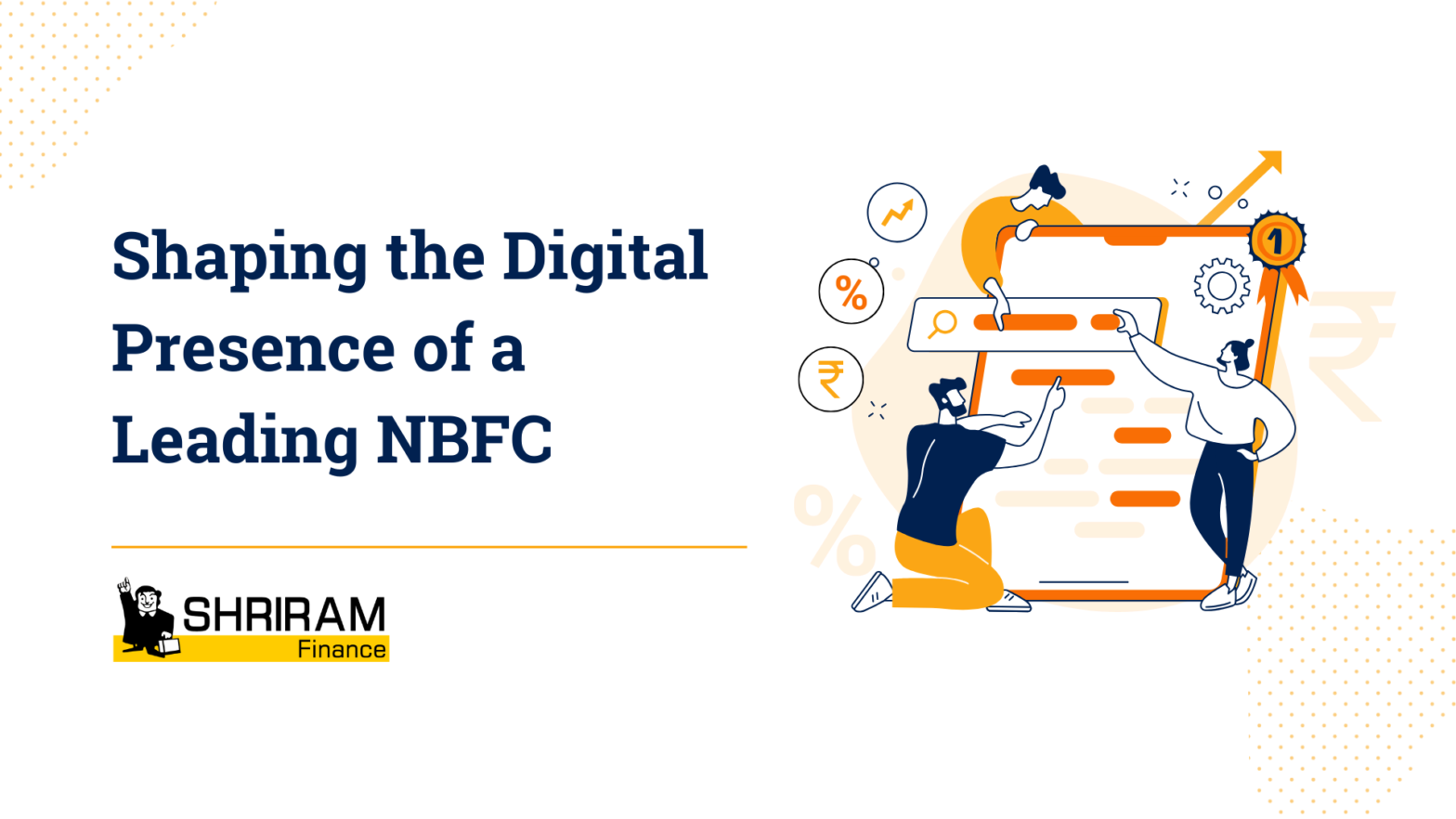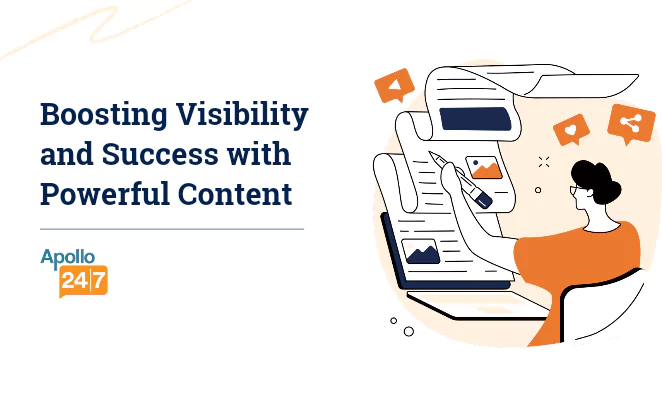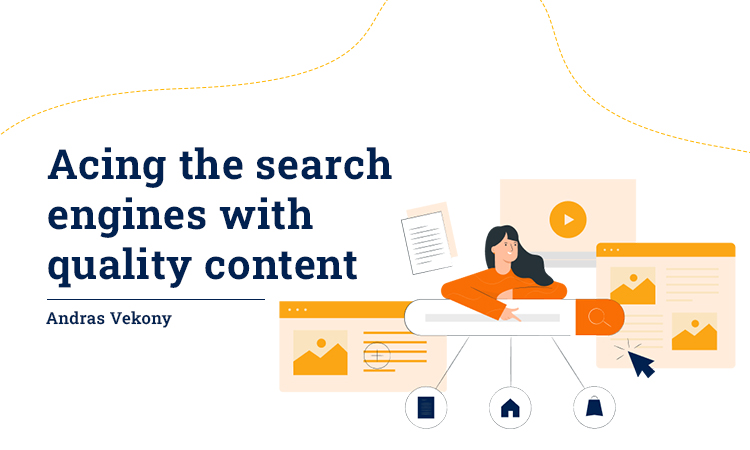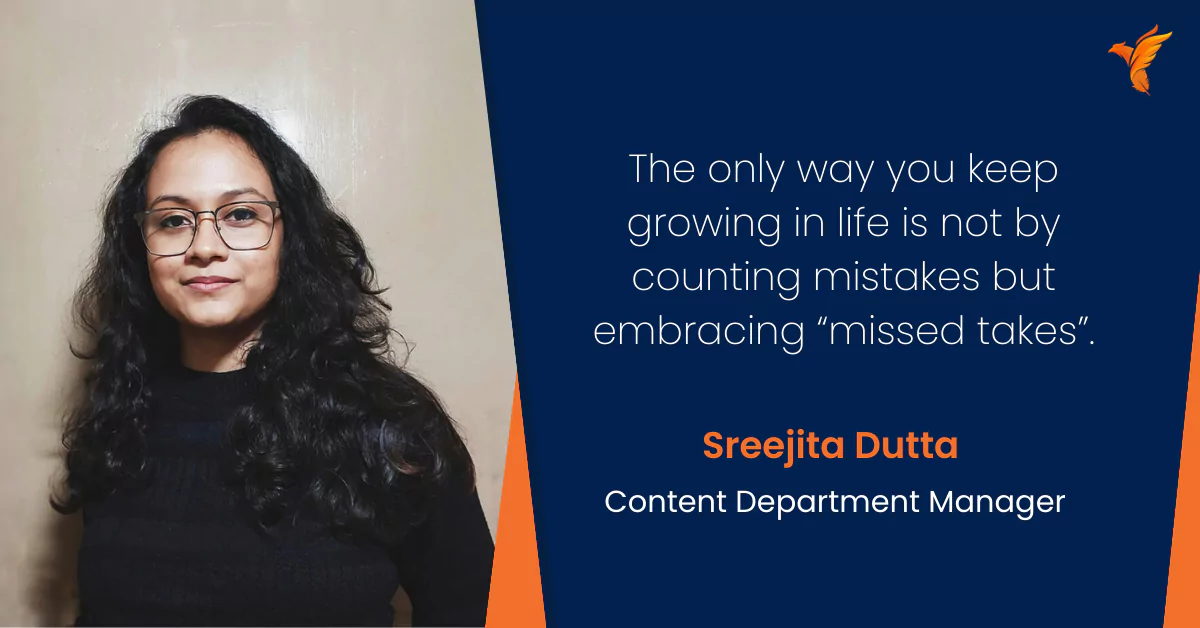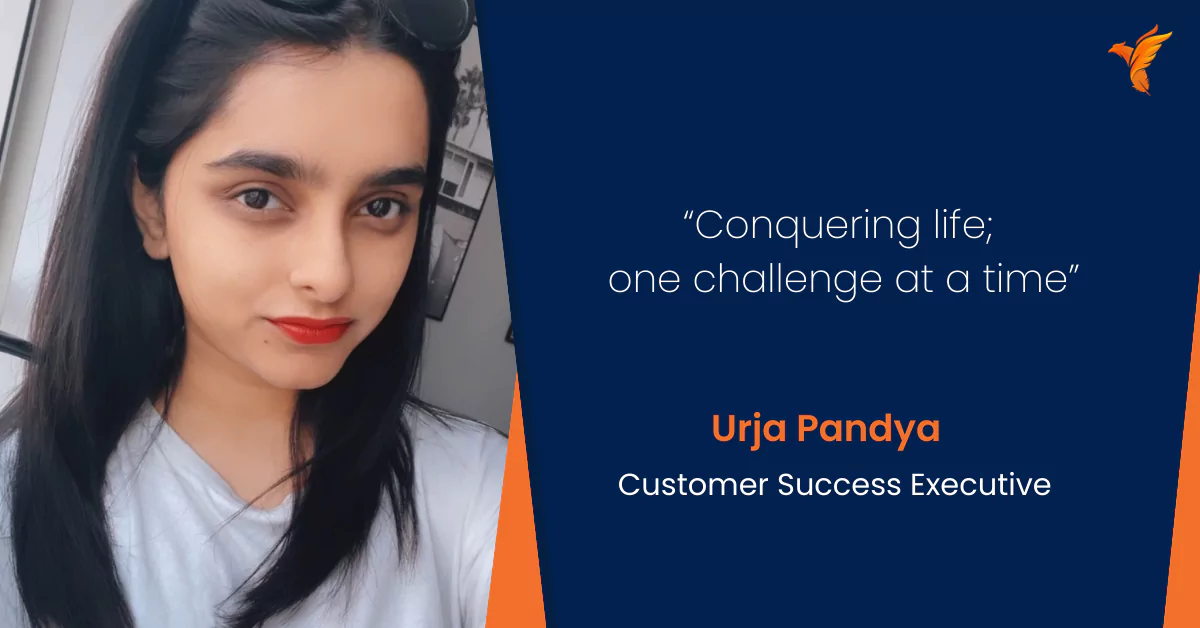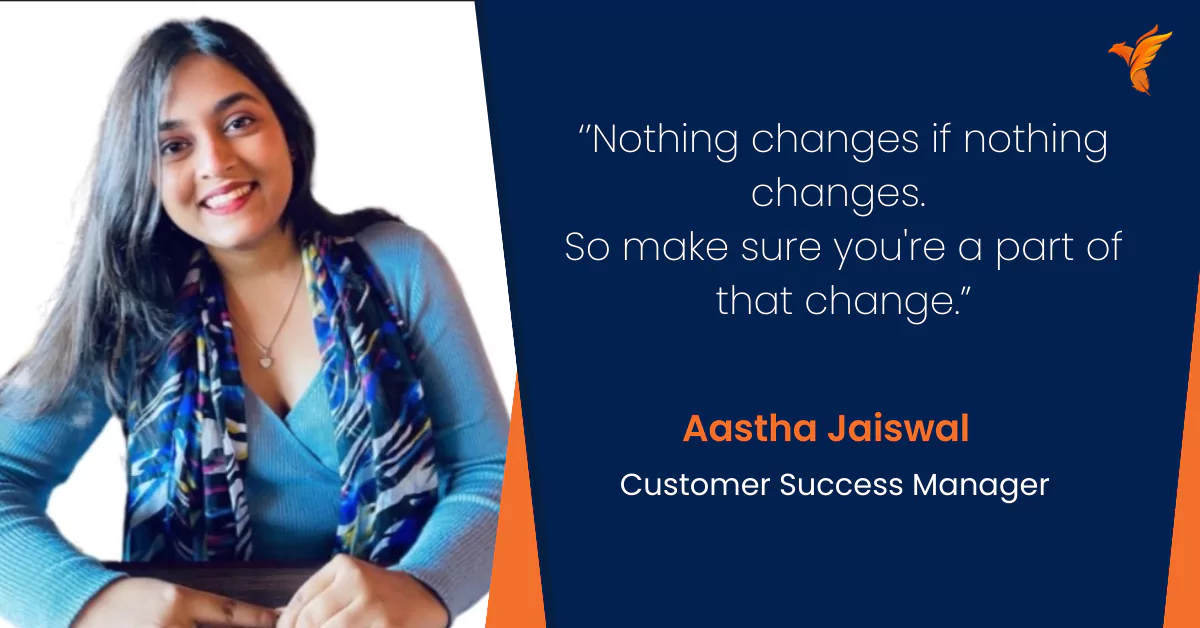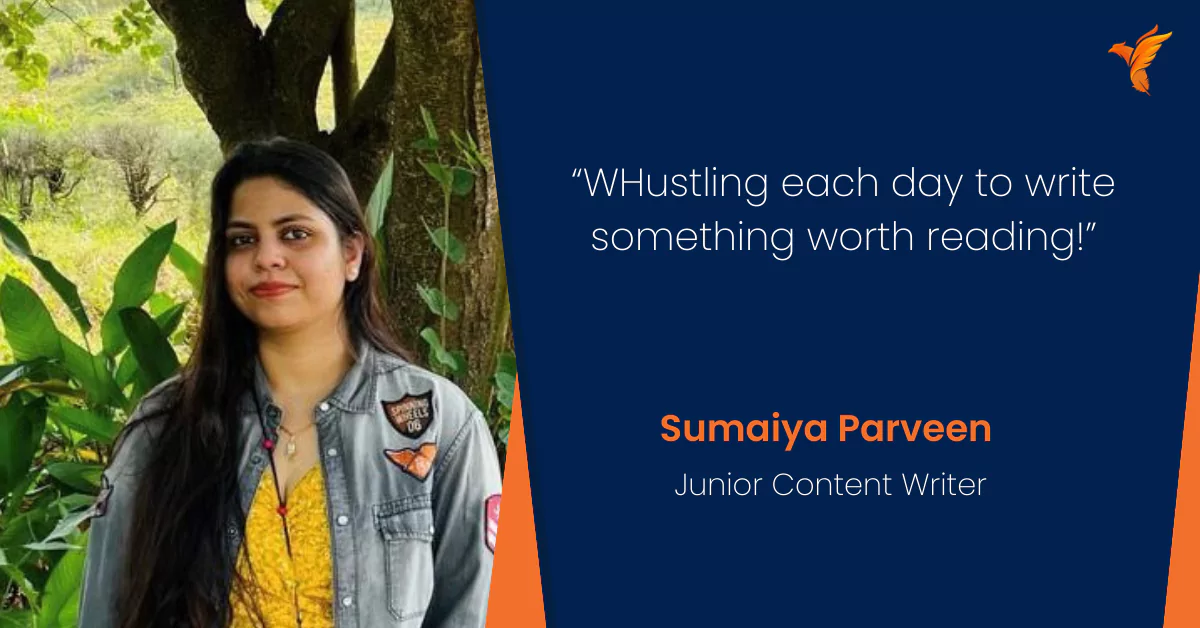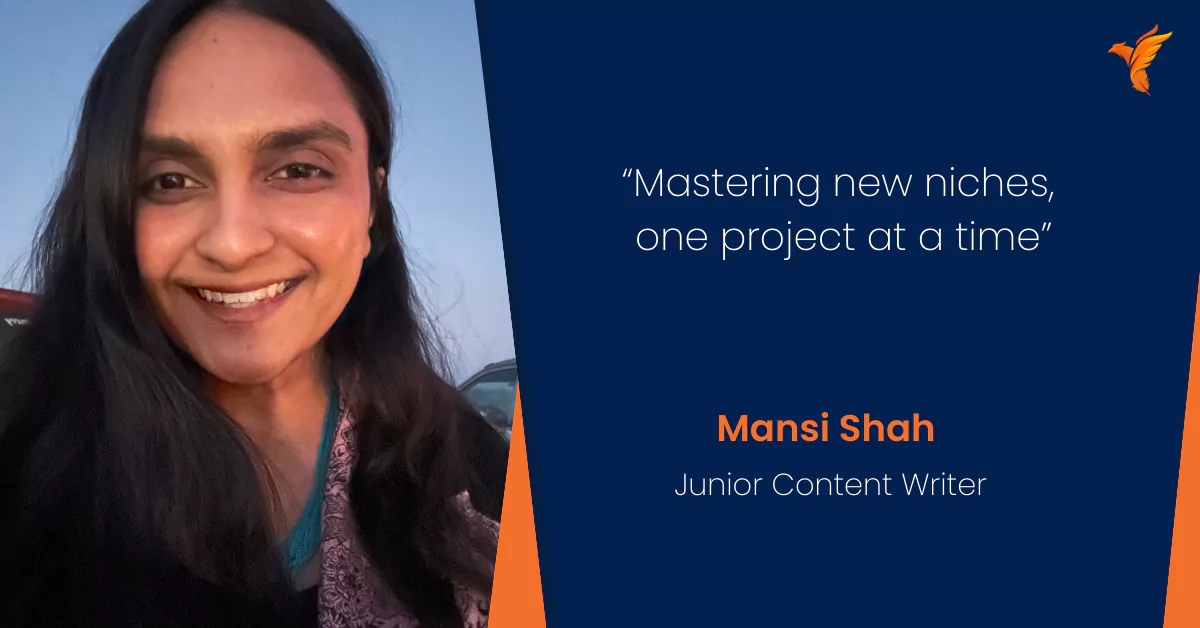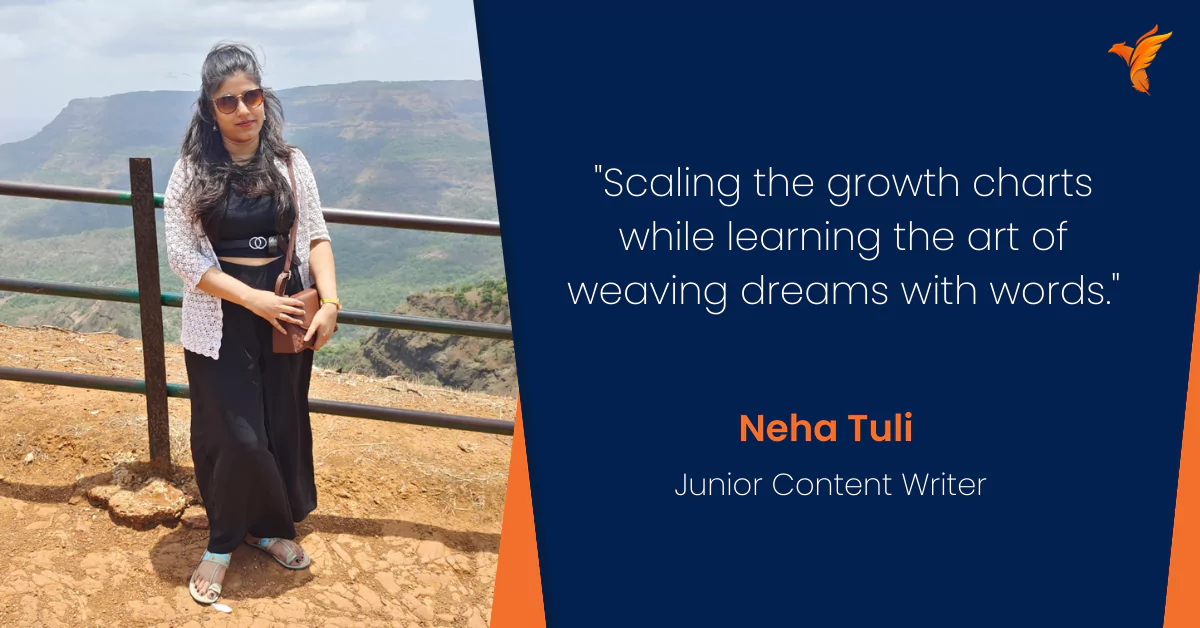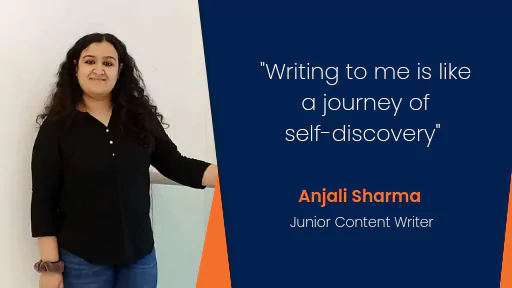5 SEO Myths and Facts You Should Know
Author: Team WH
Published On: 29-07-23
Estimated reading time: 4 minutes
SEO has, for the longest time, been the foundation of successful online marketing.
As a result, there is an information overflow to help develop winning SEO strategies. The SEO landscape has become a breeding ground for SEO myths and facts, such as outdated information, misleading facts, and ineffective tactics, along with lesser-known tips that actually work.
Implementing an effective SEO strategy requires accurate information. Therefore, it’s time to debunk prevalent SEO misconceptions with facts to elevate search rankings and boost conversion rates.
Common SEO Myths and Facts Revealed
1. Myth: SEO is a One-time Thing
Fact: SEO is an ongoing process requiring continuous optimisation and updation.
Most people think SEO is a “set it and forget it” aspect of online marketing. While much of the hard work is necessary at the beginning of website optimisation, it is not enough.
It helps the website to show up on SERP results pages initially. However, search engines constantly update their algorithms and ranking factors. Further, competitors consistently vie for better rankings and seek opportunities to outrank top results.
Therefore, it is imperative to regularly analyse and optimise the website’s performance, content, and technical aspects to maintain a thriving online presence.
2. Myth: Only the #1 SERP Rank on Google Matters
Fact: The #1 SERP rank does not guarantee the most clicks.
Great rankings will not necessarily result in the most clicks, nor is it viable for every business to rank number one.
Social media, review sites, backlinks, quality, and authority are other crucial factors that drive clicks and conversions. The search page has also evolved, and Google has started to add knowledge graphs, maps, top stories, and Twitter results.
So, the key for most businesses is to focus on generating high-quality content and improving overall online presence.
3. Myth: Only long-format content ranks high
Fact: The search intent matters more than the content length.
Content length is crucial for SEO optimisation, but it doesn’t need to be long every time to fit in the average SERP values. One should not aim to write 5000 words if the top SERP competitors’ pages have 500 words.
Yes, many long-format blogs rank well on search engines. But it is incorrect to assume that only pages with 1,500 words rank on the first page of search results.
If marketers can fulfil the search intent with 500 words content piece, the length does not matter. However, if a 4000 words content piece is necessary to satisfy the search intent, it will work too.
4. Myth: SEO Takes 3 Months
Fact: Many factors can influence a site’s SEO 3-months’ timeline is inaccurate.
Changes in SEO tactics take time for search engine bots to process. The results will not precisely show on day 90, it is more complicated than that.
If the competition is low and the marketer is targeting niche terms, the rank changes on Google can occur with just a recrawl. However, for competitive keywords, it may take a significantly longer time to witness improvements in rankings. Even a minor adjustment to a page title can positively impact the click-through rate (CTR), especially if search engines recrawl the page promptly.
Achieving first-page ranking on Google often requires a considerable amount of time, making it tricky to measure SEO efforts within a three-month timeframe.
5. Myth: All Backlinks are Useful
Fact: Backlinks from unreliable sites do not deliver the same results.
Backlinks are essential as they direct users from other websites to your pages, improving the website’s ranking.
However, one of the top SEO myths surrounding backlinks is that all links pointing to your site are beneficial, regardless of the link source. In reality, backlinks originating from less credible sites will not deliver similar results. In fact, these can do more harm than good.
Moreover, if your website has numerous spammy links, it may give the impression that you engage in black hat SEO practices such as buying links. Google sometimes imposes penalties for following such techniques.
Conclusion
SEO is an intricate and powerful marketing strategy that yields numerous benefits when effectively implemented. A well-optimised website ensures users can effortlessly discover relevant content, leading to improved conversion rates.
As you learn to distinguish between SEO myths and facts, like the ones shared above, it’ll become easier to establish an unstoppable online presence.
People Also Ask
1. How important are backlinks for SEO?
High-quality backlinks help with search engine optimisation (SEO). They signal to search engines that your site is trustworthy and worth ranking higher. However, the quality and relevance of backlinks matter more than quantity.
Obtaining natural and organic backlinks through captivating content and outreach efforts can improve SEO performance.
2. What is the difference between organic SEO and paid search results?
Organic search results allow web pages to rank naturally on search engine results pages (SERPs) according to the search query relevance.
On the other hand, paid search results are advertisements that appear at the top or bottom of the SERPs. Check for the “ad” or “sponsored” tag that separates it from organic results. Website owners pay for these placements and use Google Ads to manage paid search campaigns.
3. Is it necessary to hire an SEO agency?
Hiring an SEO agency is beneficial, especially if one lacks the expertise or time to implement and manage SEO strategies. However, finding a reputable agency that follows ethical SEO practices and can provide transparent reporting and ongoing communication is crucial.


